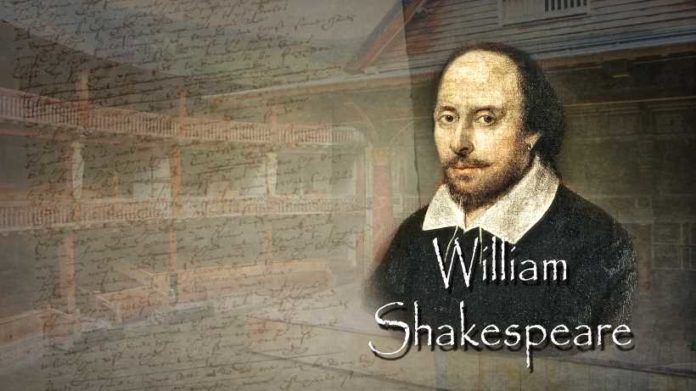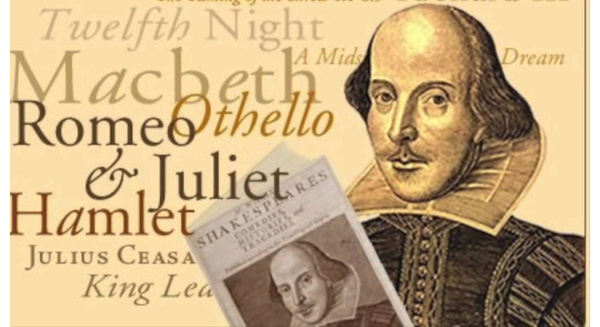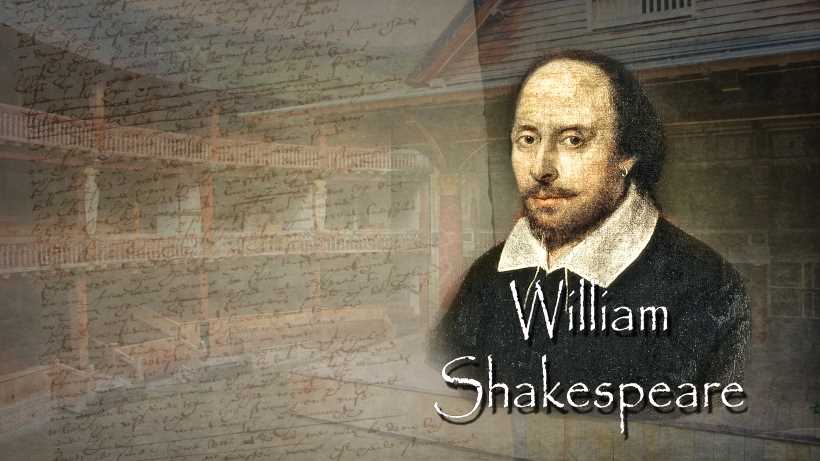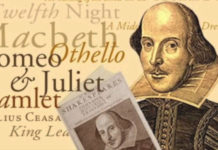One of the most hotly debated issues in the history of English Literature is the question of the authorship of Shakespeare’s plays. In the second part in a series, V S Ravi discusses the details.
Read Part 1 Here; No Doubts About Shakespeare’s Authorship
It is known that Francis Bacon had a regular education. But he was a corrupt judge, a scheming politician, a courtier, and a time-server of Church and king. We also know that he did not believe in the truth of the Copernican system, that he was doubtful whether instruments were of advantage in scientific investigation, that he was ignorant of the higher branches of mathematics, and he entertained several scientific misconceptions.
For example, he believed that snow is colder than water, because it hath more spirit in it, and that quicksilver is the coldest of all metals, because it is the fullest of spirit
Bacon believed in the transmutation of metals and gave a formula for changing silver or copper into gold. He also believed in the transmutation of plants. He claimed a deep knowledge of medicine but like a quack he believed that bracelets published made of snakes are good for curing cramps, that the skin of a wolf might cure the colic, because a wolf has great digestion and that eating the roasted brains of hens and hares strengthens the memory.
According to Bacon, love was just something to be portrayed on the stage, but was not desirable for real people. Do we need more proof to conclude that a man with such a perverse view of the greatest of human emotions could never have written “Romeo and Juliet”? Could his dull prose have ever portrayed the vivacious charm of Viola or the sweet innocence of Miranda even as first love blossomed in their virgin hearts?
Bacon opined that James-I had the power and fortune of a king, the illumination of a priest and universality of a philosopher though he was according to Macaulay “a stammering slobbering, trembling coward, whose writings were deformed by the grossest and vilest superstitions.
Some scholars have claimed that Bacon kept his authorship of Shakespeare’s plays secret, because it was considered disgraceful to write plays, during his time. One who had been stripped of the robes of office for receiving bribes as a judge could have borne the additional disgrace of having falsely claimed to have written “Hamlet”! The fact that he did not claim to be the author clearly demonstrates that he was not. After sixty, Bacon wrote some insipid and uninspiring poetry dedicated to George Herbert. If you read these verses, you will say that the author of “Lear” and” Hamlet” did not write them.
The question of the authorship of Marlowe can be brushed aside more easily. This confusion could have arisen because in some of Shakespeare’s plays, the main characters are Roman, the events in the play occur in Italian cities, and Marlowe had been spending a lot of time in Italy during the same period. Another factor was the apparent similarity in style in some lines in a few poems. But any knowledgeable Shakespearean scholar can easily notice the superiority of Shakespeare’s lines even in those poems. And when you take into consideration the prodigious output of Shakespeare (37 plays and 154 sonnets) and the meagre contribution of Marlowe to English poetry, there is absolutely no room for any doubt that they are in fact two entirely different persons.
(To be continued)




















































